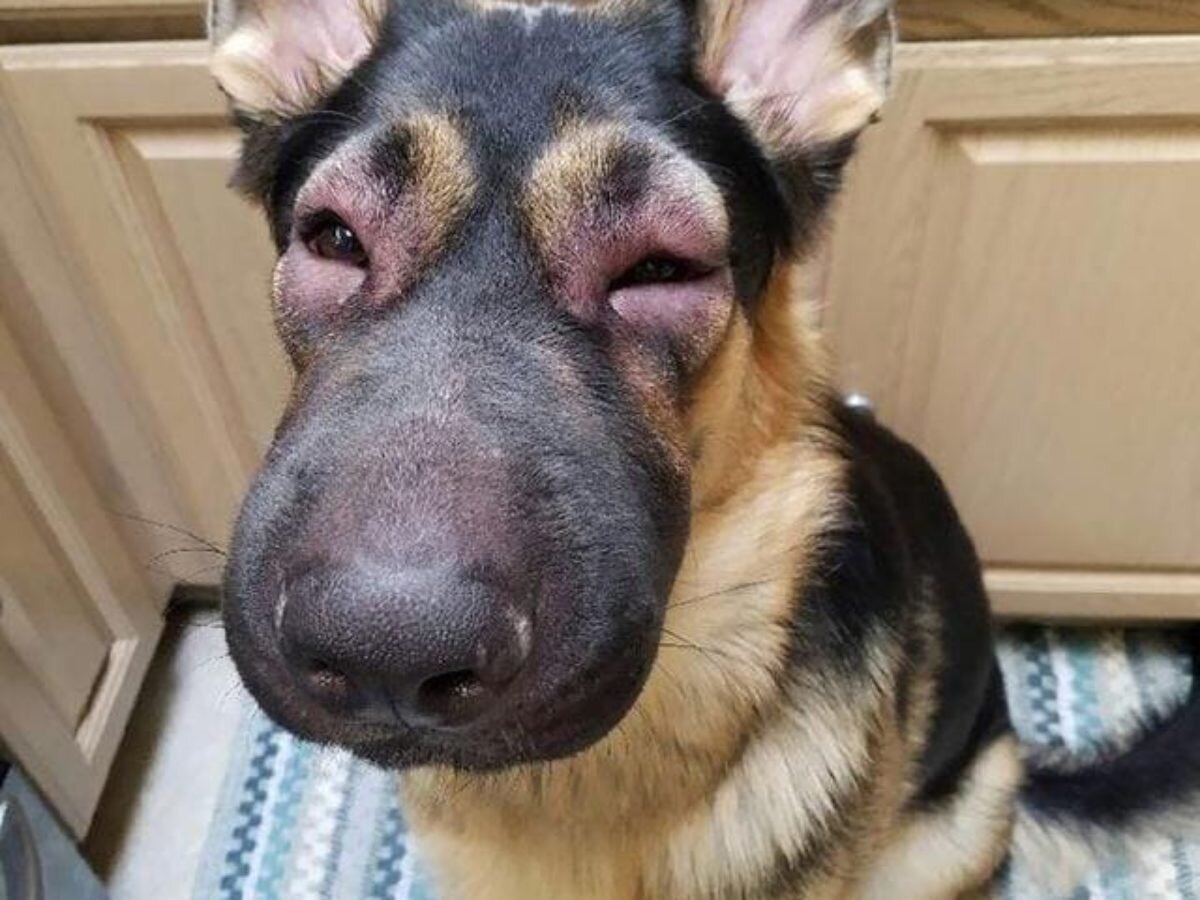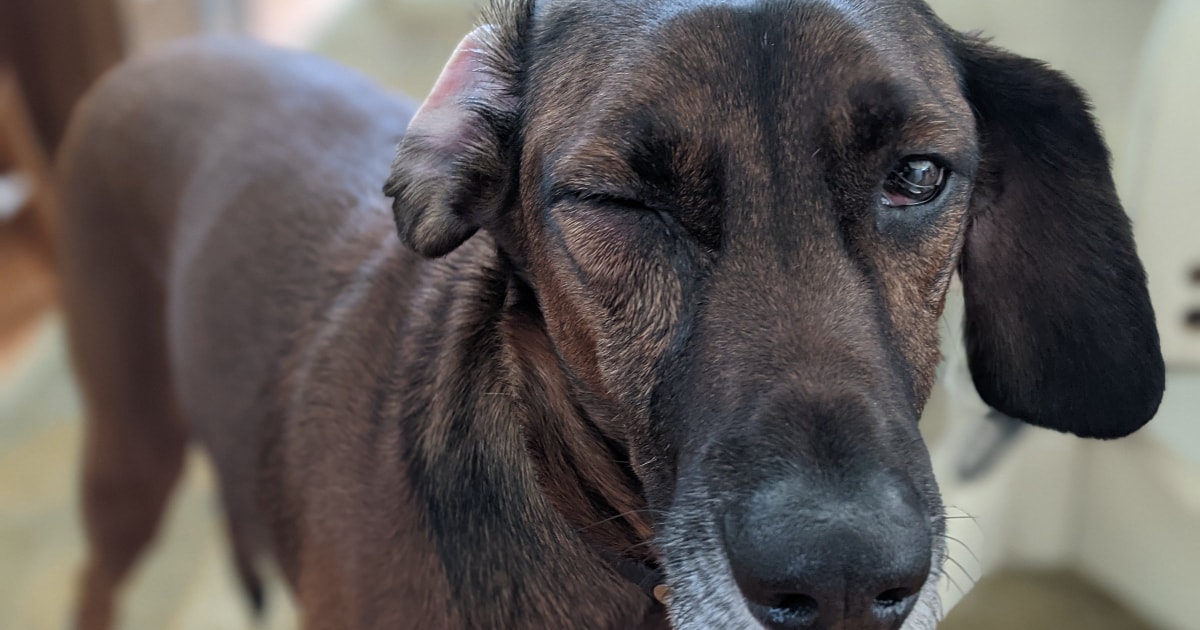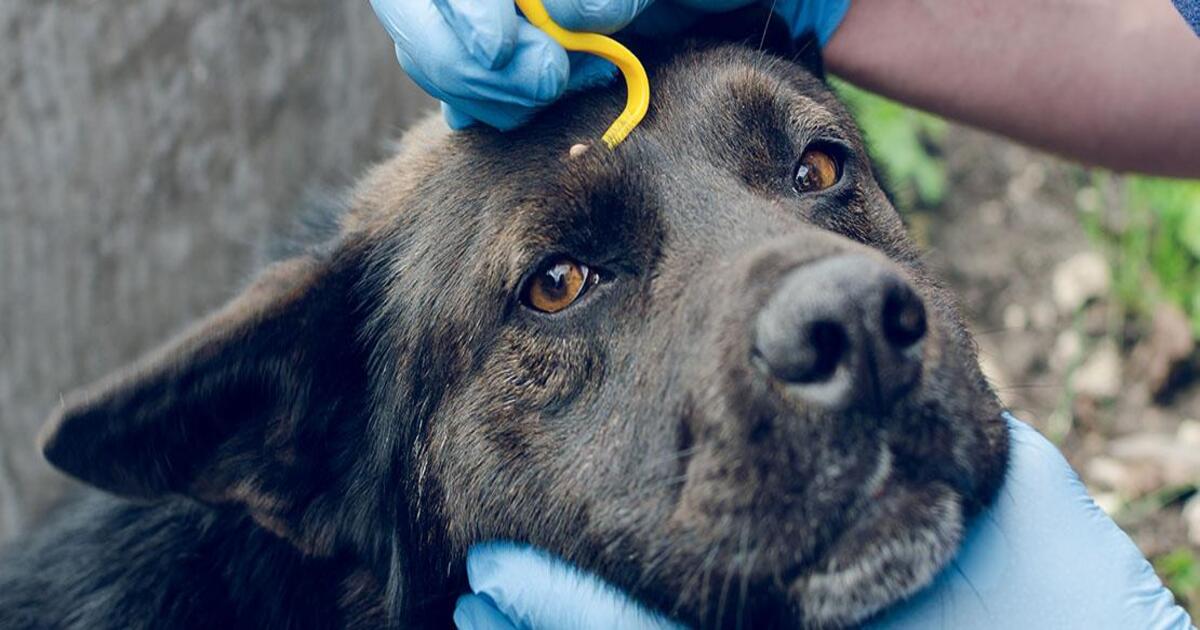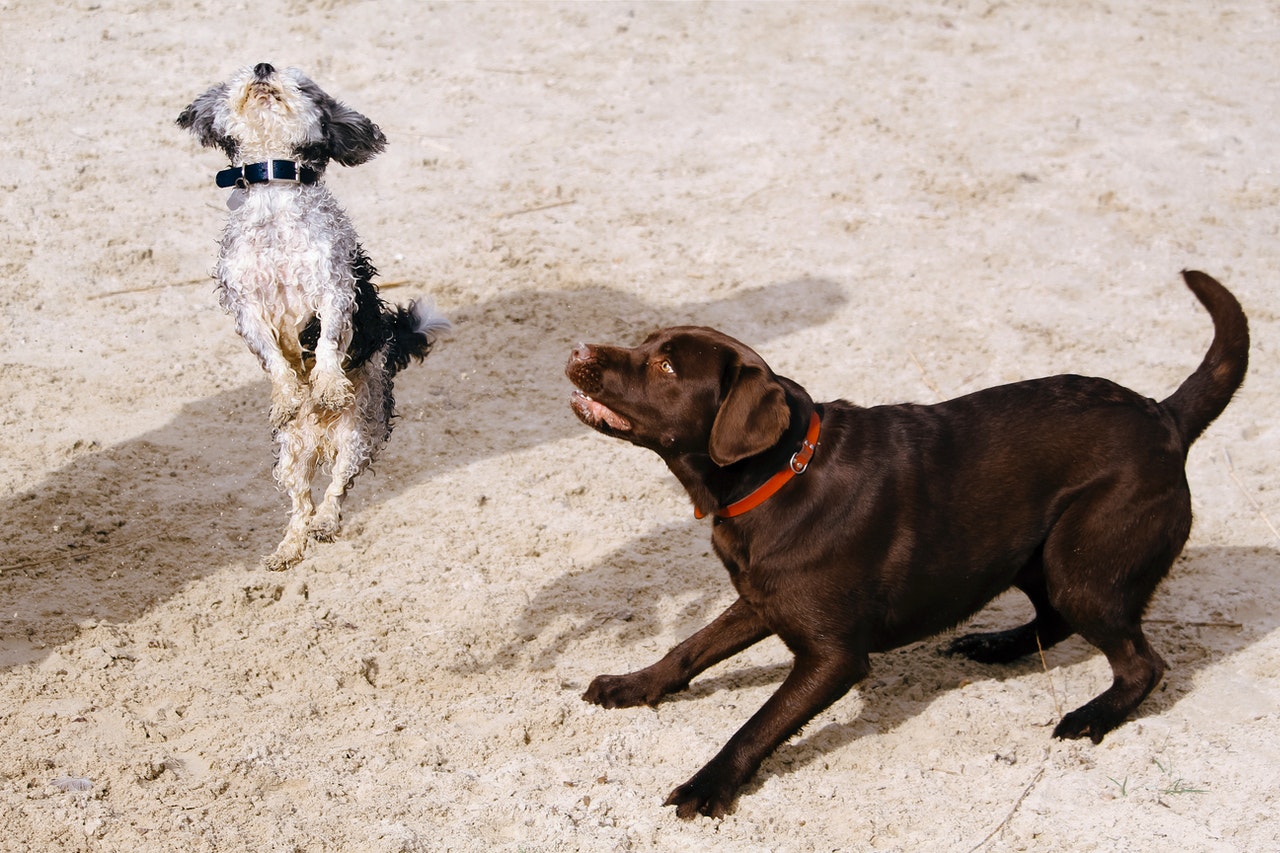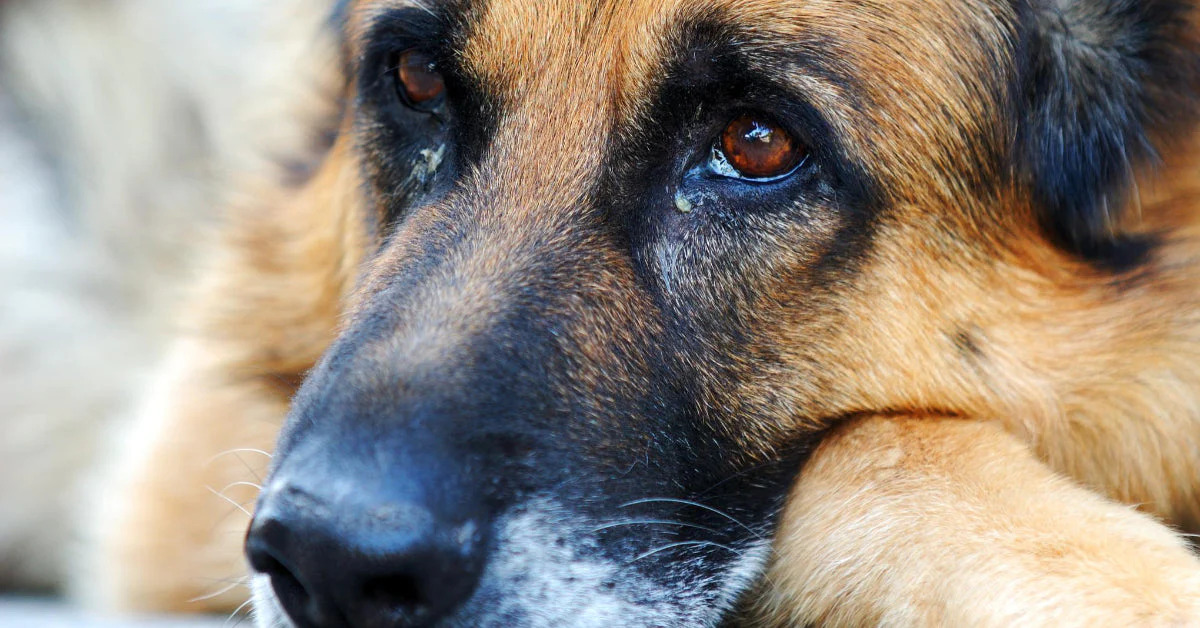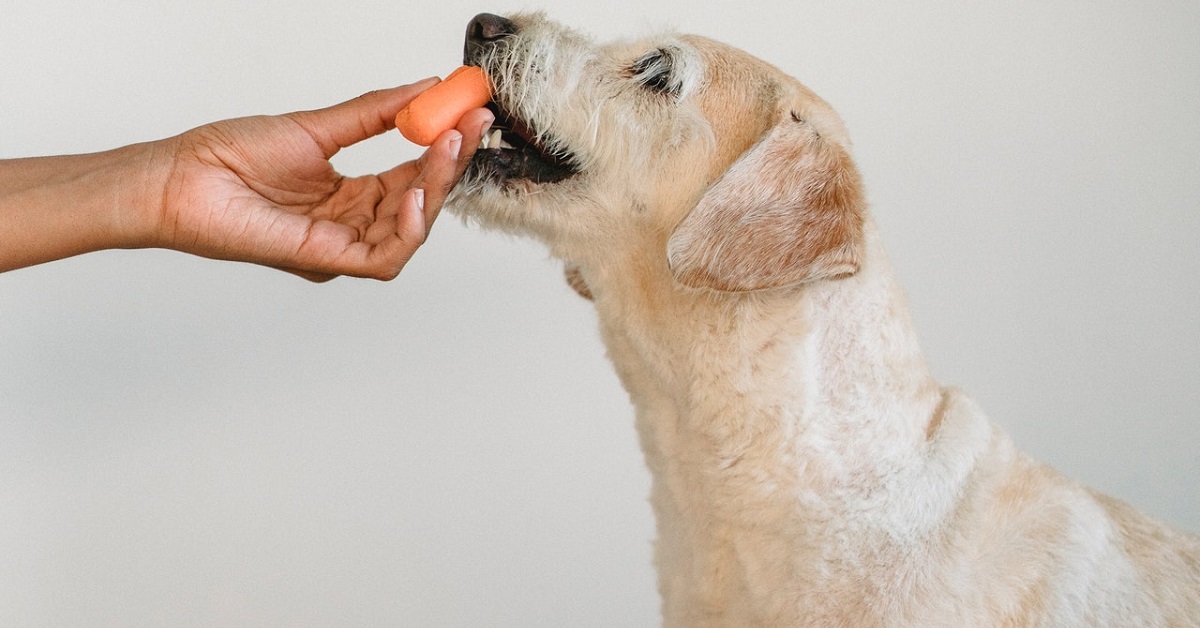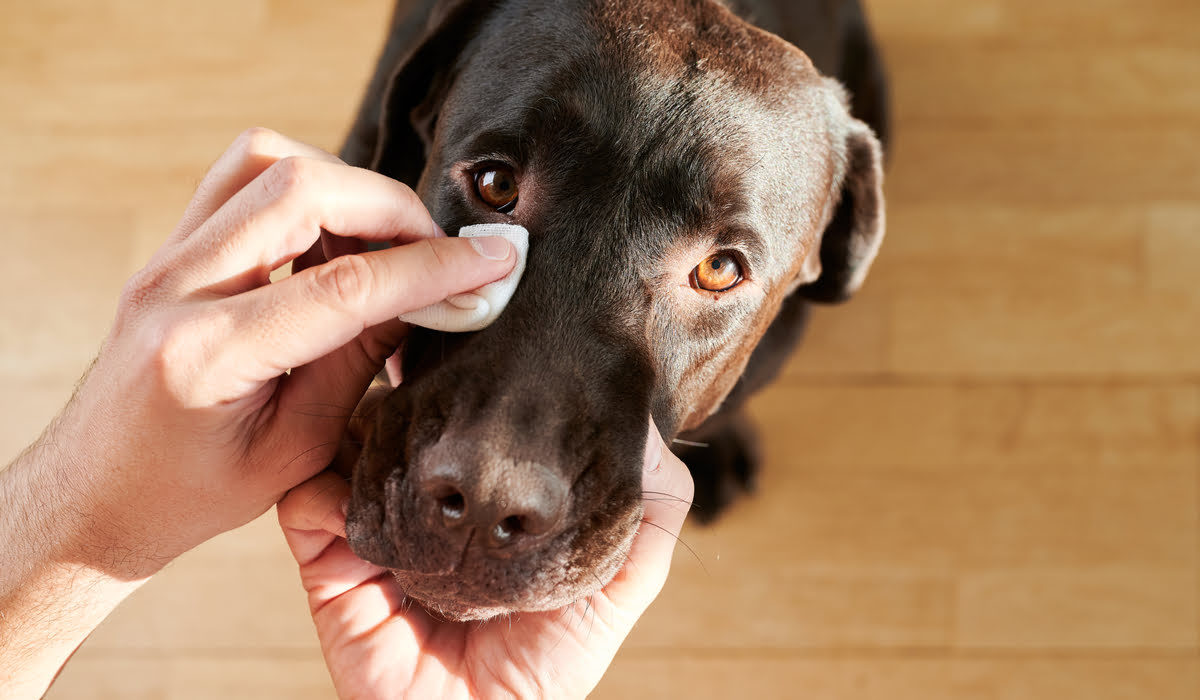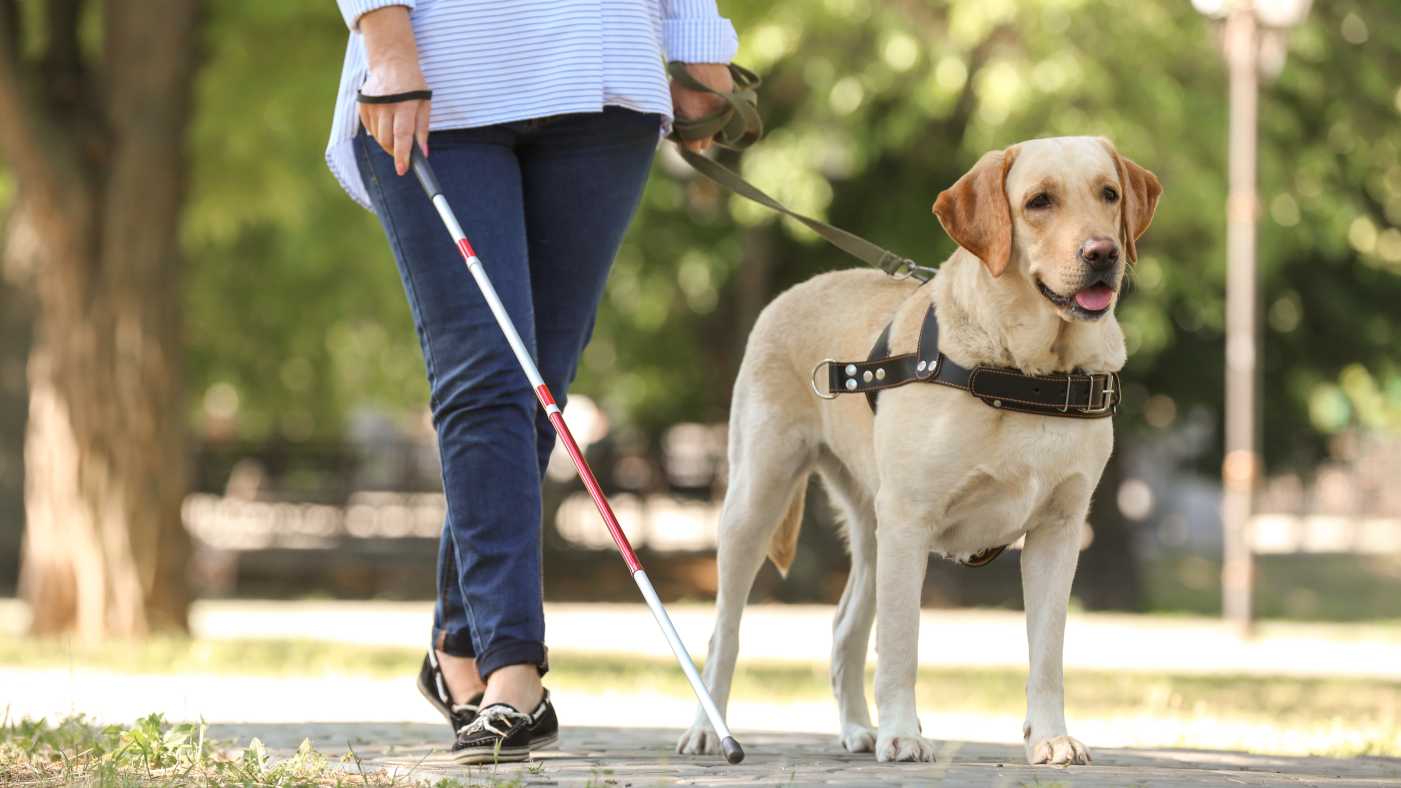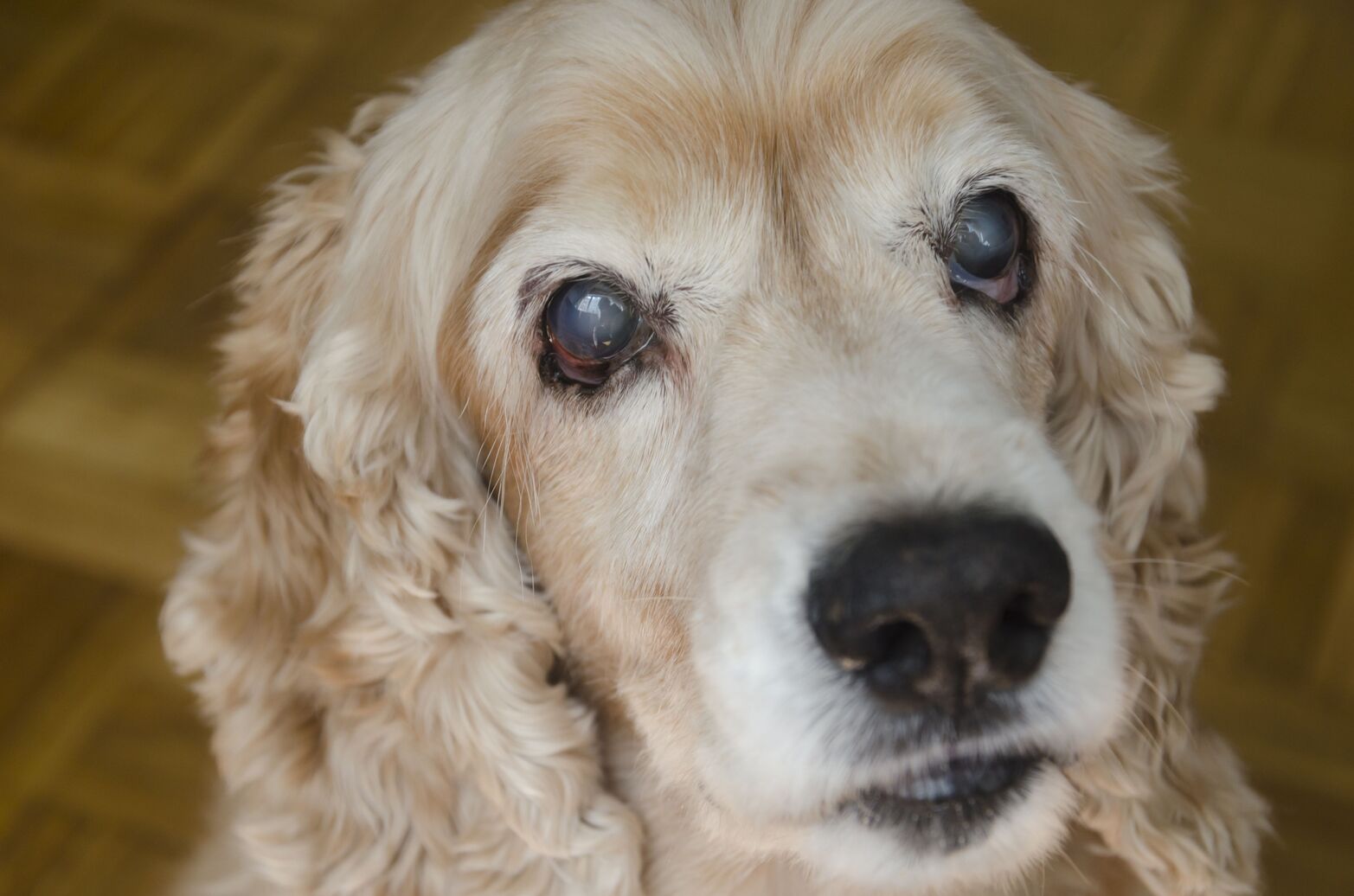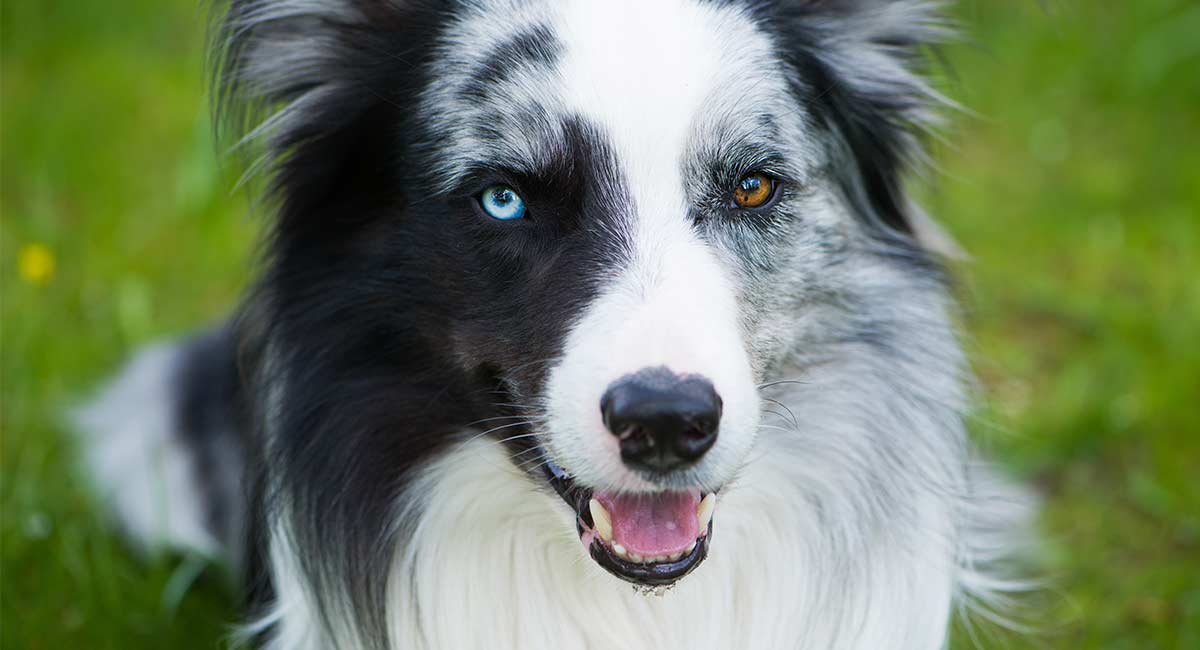Home>Health & Wellness>Common Health Issues>Eye and Ear Health>What To Do For A Dog When Its Eye Is Swollen


Eye and Ear Health
What To Do For A Dog When Its Eye Is Swollen
Published: February 12, 2024
Learn how to care for your dog's swollen eye with our expert tips for maintaining eye and ear health. Find effective remedies and preventive measures. Keep your furry friend happy and healthy!
(Many of the links in this article redirect to a specific reviewed product. Your purchase of these products through affiliate links helps to generate commission for Pawsomeoldies.com, at no extra cost. Learn more)
Table of Contents
Introduction
When a dog's eye is swollen, it can be a cause for concern for pet owners. The eye is a delicate and crucial organ, and any signs of discomfort or inflammation should be addressed promptly. Swelling in a dog's eye can be indicative of various underlying issues, ranging from minor irritations to more serious conditions. As responsible pet caregivers, it's essential to understand the potential causes of eye swelling in dogs, recognize the signs, and take appropriate measures to ensure the well-being of our furry companions.
Eye swelling in dogs can manifest in different ways, such as puffiness around the eye, redness, excessive tearing, or squinting. These symptoms may be accompanied by behavioral changes, including increased sensitivity to light, rubbing or pawing at the affected eye, or reluctance to open the eye fully. It's crucial to observe these signs closely and take action to address the underlying cause of the swelling.
In this comprehensive guide, we will explore the common reasons behind eye swelling in dogs, the importance of seeking veterinary care, effective home remedies for soothing swelling, and proactive measures to prevent future occurrences. By gaining insights into these aspects, pet owners can equip themselves with the knowledge and resources needed to support their canine companions through any eye-related challenges they may face. Let's delve into the world of canine eye health and discover how to best care for our furry friends when they experience eye swelling.
Read more: What To Do If A Dog Gets Soap In Its Eye
Identifying the Cause of Swelling
When a dog experiences eye swelling, it's crucial to identify the underlying cause to provide appropriate care and treatment. Several factors can contribute to this condition, and understanding these potential causes is essential for effective management.
-
Allergies: Dogs, like humans, can be susceptible to various allergens, including pollen, dust, and certain foods. Allergic reactions can lead to eye swelling, accompanied by itching and redness. Identifying and minimizing exposure to allergens can help alleviate the swelling.
-
Infections: Bacterial, viral, or fungal infections can affect a dog's eye, leading to inflammation and swelling. Common culprits include conjunctivitis (pink eye) and keratitis. These infections may be accompanied by discharge, squinting, and discomfort.
-
Trauma or Injury: Physical trauma to the eye or surrounding area can result in swelling. This may occur due to accidental impact, foreign objects, or scratches. It's important to assess the extent of the injury and seek veterinary care promptly.
-
Insect Bites or Stings: Insects such as bees, wasps, or spiders can inflict bites or stings around the eye, triggering localized swelling and discomfort. Careful examination can reveal the presence of bite marks or stingers.
-
Corneal Ulcers: Corneal ulcers, characterized by damage to the outer layer of the eye, can lead to swelling and ocular distress. Dogs with corneal ulcers may display excessive tearing, squinting, and sensitivity to light.
-
Underlying Health Conditions: Certain systemic health issues, such as autoimmune diseases, thyroid disorders, or diabetes, can manifest in ocular symptoms, including eye swelling. Understanding the dog's overall health status is crucial in assessing potential underlying conditions.
-
Genetic Predispositions: Some dog breeds are more prone to specific eye conditions, such as brachycephalic breeds being susceptible to eye proptosis (eye displacement). Genetic predispositions can contribute to structural issues that may lead to swelling.
By carefully observing the nature of the swelling, associated symptoms, and the dog's overall well-being, pet owners can gather valuable clues to help pinpoint the cause. However, it's important to note that accurate diagnosis and treatment should be carried out by a qualified veterinarian to ensure the best possible care for the dog's eye health.
Seeking Veterinary Care
Seeking prompt veterinary care is paramount when a dog experiences eye swelling. While it's natural for pet owners to feel concerned and eager to alleviate their furry companion's discomfort, professional assessment and intervention from a veterinarian are essential for accurate diagnosis and tailored treatment.
Upon observing signs of eye swelling in a dog, scheduling a veterinary appointment should be a top priority. The veterinarian will conduct a comprehensive examination of the affected eye, taking into account the dog's medical history, current symptoms, and any potential contributing factors. This thorough assessment enables the veterinarian to determine the underlying cause of the swelling and formulate an appropriate course of action.
During the veterinary visit, various diagnostic procedures may be employed to gain insights into the nature and extent of the eye swelling. These may include ocular examinations using specialized equipment to assess the eye's structures, visual acuity, and potential abnormalities. In some cases, additional tests such as eye staining to detect corneal ulcers, cultures to identify infectious agents, or blood work to evaluate systemic health may be recommended.
Based on the findings, the veterinarian will devise a treatment plan tailored to address the specific cause of the eye swelling. This may involve prescribing medicated eye drops or ointments to combat infections, alleviate inflammation, or promote healing. In cases of trauma or foreign body presence, careful removal or surgical intervention may be necessary to restore ocular health. Furthermore, if underlying health conditions are suspected, the veterinarian may recommend further evaluations and management to address these concerns comprehensively.
In addition to providing targeted treatment, the veterinarian plays a crucial role in offering guidance to pet owners regarding at-home care, monitoring the dog's progress, and recognizing any potential complications. This collaborative approach between the veterinarian and pet owner ensures that the dog receives comprehensive support throughout the recovery process.
By seeking veterinary care promptly, pet owners demonstrate their commitment to safeguarding their dog's ocular health and well-being. Professional expertise, diagnostic capabilities, and tailored treatment options offered by veterinarians are instrumental in addressing eye swelling effectively and mitigating any potential long-term implications. Therefore, when it comes to a dog's eye swelling, proactive veterinary care is the cornerstone of ensuring optimal ocular health and overall quality of life for our beloved canine companions.
Home Remedies for Soothing Swelling
When it comes to addressing mild cases of eye swelling in dogs, certain home remedies can offer relief and support the healing process. It's important to note that while these remedies can help alleviate discomfort and reduce swelling, they are not substitutes for professional veterinary care. If a dog's eye swelling is severe, persistent, or accompanied by concerning symptoms, immediate veterinary attention is crucial. However, for minor instances of eye swelling, the following home remedies may provide soothing effects:
-
Saline Solution Rinse: A gentle saline solution can be used to rinse the affected eye, helping to cleanse the area and reduce irritation. To prepare the solution, mix 1 teaspoon of salt with 1 cup of warm water. Use a clean, lint-free cloth or sterile gauze to apply the solution to the swollen eye, carefully wiping away any discharge or debris. This can help alleviate mild swelling and maintain ocular hygiene.
-
Chamomile Tea Compress: Chamomile possesses natural anti-inflammatory and soothing properties, making it a beneficial remedy for reducing eye swelling in dogs. Brew a chamomile tea bag in hot water, allow it to cool to a comfortable temperature, and then apply the tepid tea bag as a compress to the swollen eye. The gentle warmth and chamomile's therapeutic compounds can help ease discomfort and promote relaxation.
-
Cold Compress: Applying a cold compress to the swollen eye can help constrict blood vessels and reduce inflammation. Wrap a few ice cubes or a gel pack in a clean cloth and hold it gently against the affected eye for short intervals, ensuring that the cold temperature is not too intense. This can provide temporary relief from swelling and alleviate any associated discomfort.
-
Honey Solution: Raw, organic honey possesses natural antibacterial and anti-inflammatory properties, which can aid in soothing mild eye swelling in dogs. Dilute a small amount of honey in warm water to create a mild honey solution. Using a clean dropper or sterile gauze, apply a few drops or a light dab of the honey solution around the swollen eye. This can help reduce inflammation and support the eye's natural healing processes.
-
Aloe Vera Gel: Aloe vera gel, known for its cooling and soothing effects, can be applied to the swollen area around the eye to alleviate discomfort and reduce swelling. Ensure that the aloe vera gel used is pure and free from added chemicals or fragrances. Gently apply a small amount of the gel to the affected area, taking care to avoid direct contact with the eye itself.
It's important to emphasize that these home remedies should only be utilized for mild cases of eye swelling and should not replace professional veterinary care. Additionally, prior to administering any home remedy, it's advisable to consult with a veterinarian to ensure that the chosen approach is suitable for the specific situation and to rule out any potential contraindications. By combining these home remedies with veterinary guidance, pet owners can provide supportive care for their dog's eye swelling while prioritizing the well-being of their beloved canine companion.
Preventing Swelling in the Future
Preventing future occurrences of eye swelling in dogs involves proactive measures aimed at promoting ocular health and minimizing potential risk factors. By implementing preventive strategies, pet owners can play a pivotal role in safeguarding their canine companions from the discomfort and complications associated with eye swelling. Here are key steps to consider for preventing swelling in the future:
-
Regular Eye Examinations: Schedule routine eye examinations for your dog as part of their overall healthcare regimen. Veterinarians can assess the eyes for any early signs of irritation, infection, or structural issues, allowing for timely intervention and preventive measures.
-
Environmental Awareness: Be mindful of your dog's environment and potential eye irritants. Minimize exposure to airborne allergens, dust, and smoke, and ensure that your pet's living spaces are clean and free from potential eye hazards.
-
Gentle Eye Care: Practice gentle eye hygiene by regularly wiping away any discharge or debris around your dog's eyes. Use a clean, damp cloth or specially formulated pet wipes to maintain ocular cleanliness and reduce the risk of irritation.
-
Nutritional Support: Provide a balanced and nutritious diet to support your dog's overall health, including ocular well-being. Certain nutrients, such as omega-3 fatty acids and antioxidants, can contribute to eye health and may help reduce the risk of inflammation.
-
Regular Grooming: Keep your dog's facial fur trimmed, especially around the eyes, to prevent hair from irritating or obstructing the eyes. Additionally, regular grooming can help minimize the accumulation of dirt and debris that may contribute to eye irritation.
-
Protective Eyewear: In situations where your dog may be exposed to potential eye hazards, such as during outdoor activities or in environments with flying debris, consider using protective eyewear designed for dogs. These specialized goggles can help shield the eyes from foreign objects and reduce the risk of injury or irritation.
-
Prompt Veterinary Care: Stay vigilant for any signs of ocular discomfort or changes in your dog's eyes. If you notice redness, excessive tearing, or squinting, seek prompt veterinary attention to address potential issues before they escalate into significant swelling or complications.
By incorporating these preventive measures into your dog's care routine, you can take proactive steps to minimize the risk of eye swelling and promote long-term ocular health. Through attentive observation, regular veterinary check-ups, and a supportive approach to eye care, pet owners can contribute to creating a safe and comfortable environment for their canine companions, reducing the likelihood of future instances of eye swelling.
